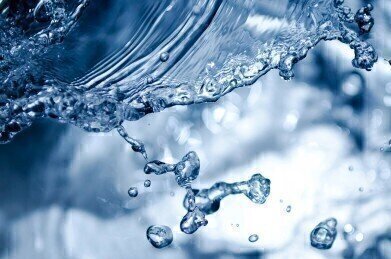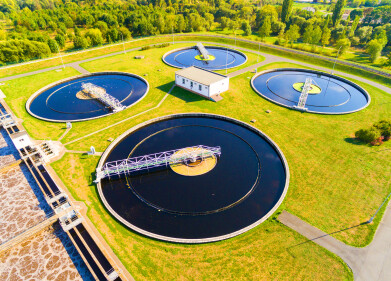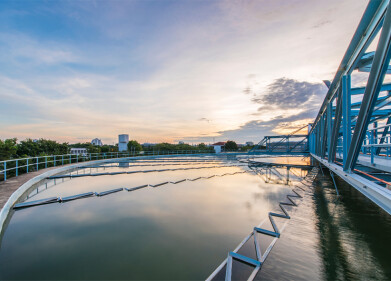Water/Wastewater
Do We Need to Become More Water-Efficient?
Jun 10 2018
A recently published report on English water resources suggests that parts of the country could endure significant shortages as early as 2050 unless appropriate action is taken now. Among other dangers, the report identifies an ever-increasing demand from a swelling population and the threats posed by climate change as the two biggest pressures on water security in England.
A multifaceted problem
The report, entitled “The state of the environment: water resources”, is the first of its kind to measure water security in England and identified a number of different factors which are endangering this most precious of natural resources. These include:
- Water abstraction. Water is abstracted from lakes, rivers, estuaries and ground sources for a variety of purposes. In 2016, nearly 9.5 trillion litres of water were abstracted across England. However, the following year, abstraction of 28% of ground sources and 18% of surface water sources was unsustainable.
- Pollution. The ubiquity of plastics and microplastics mean that these contaminants are of emerging concern in our treated waters. If water supplies become overly contaminated with microplastics and endocrine disruptors, they can have a hazardous effect on human health and diminish existing water supplies.
- Demand. England’s population is projected to rise from 53 million in 2011 to 58.5 million by 2026. This swelling of numbers will inevitably result in a greater strain on water supplies, meaning there is less water to meet the needs of more people.
- Climate change. Global warming is predicted to result in warmer, wetter winters and hotter, drier summers. While this might not necessarily affect the overall amount of rainfall England receives, the unpredictable nature of the precipitation could increase the incidence of droughts, floods and other natural disasters, as well as becoming too difficult for existing wastewater treatment systems to cope with.
- Leakages. It’s estimated that water companies across England lose approximately three billion litres of water every single day. As an increasingly valuable commodity, that waste could be put to an incredible number of uses.
What can be done?
In order to avoid a nightmare scenario in which there is not enough water to meet the demands of the population, the problem will require a concerted effort from individuals, businesses and governments. Private citizens can limit their water consumption through everyday means such as showering for a shorter period, not watering the grass using a hose and turning off the tap when brushing teeth.
Water companies can work to tighten up leaks in their system and reduce the billions of litres lost daily, while industry can investigate more innovative ways to meet water security challenges. For example, technological advances could mean that wastewater poses a viable alternative to traditional sources of potable water, and investment in research to such ends is necessary in order to bring the idea to fruition.
Finally, governments must implement national and international plans to curb climate change, reduce water consumption and bring down pollution. A top-down and a bottom-up approach, working in tandem, is the best method of securing enough water for everyone today, tomorrow and beyond.
Digital Edition
IET 34.2 March 2024
April 2024
Gas Detection - Biogas batch fermentation system for laboratory use with automatic gas analysis in real time Water/Wastewater - Upcycling sensors for sustainable nature management - Prist...
View all digital editions
Events
Apr 30 2024 Melbourne, Australia
Apr 30 2024 Birmingham, UK
May 03 2024 Seoul, South Korea
May 05 2024 Seville, Spain
May 06 2024 Minneapolis, MN, USA


















